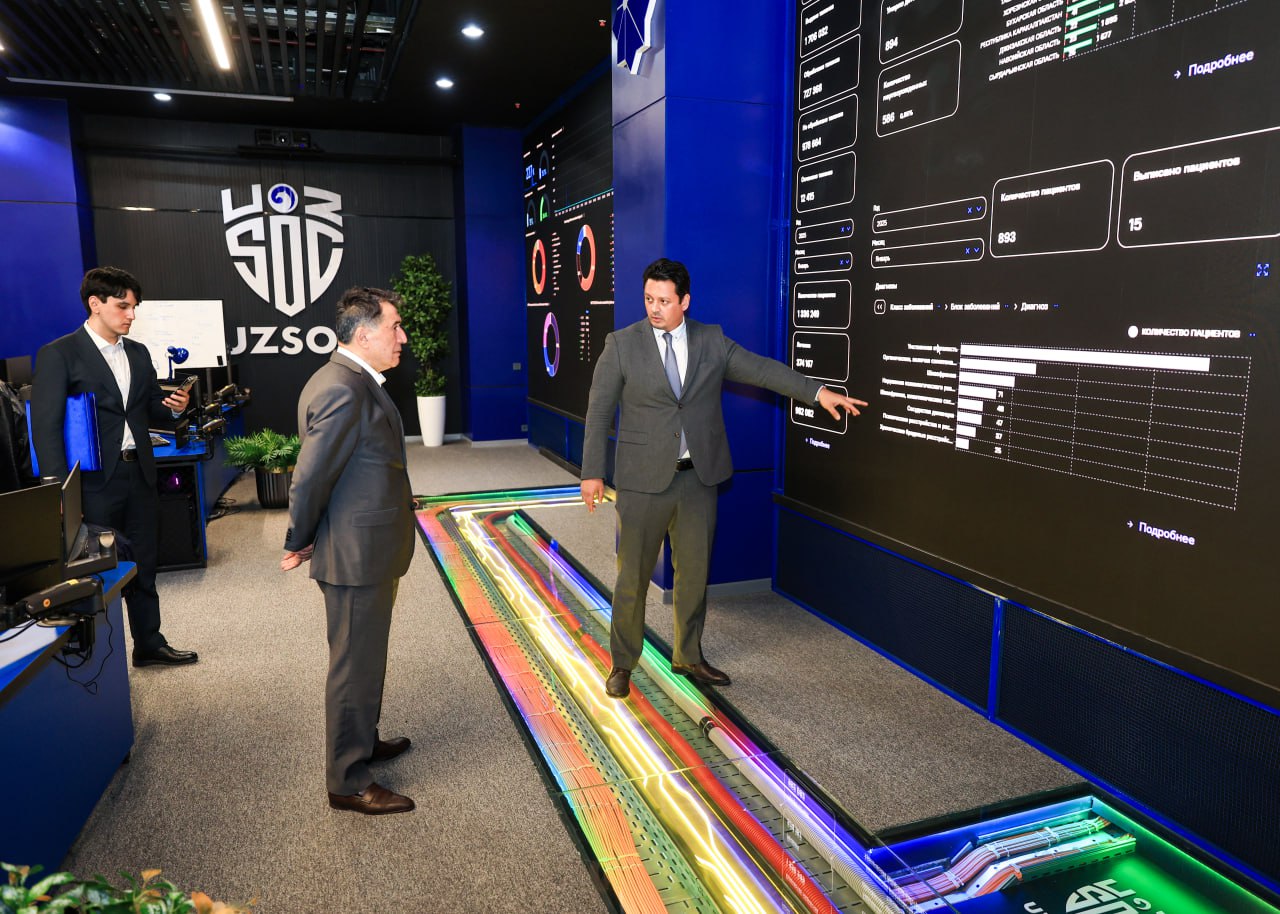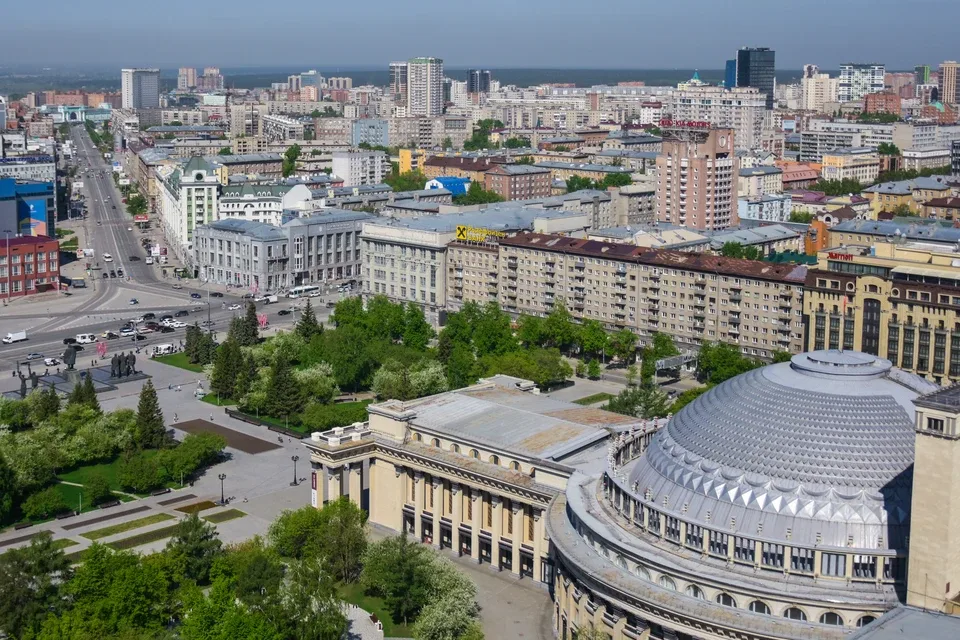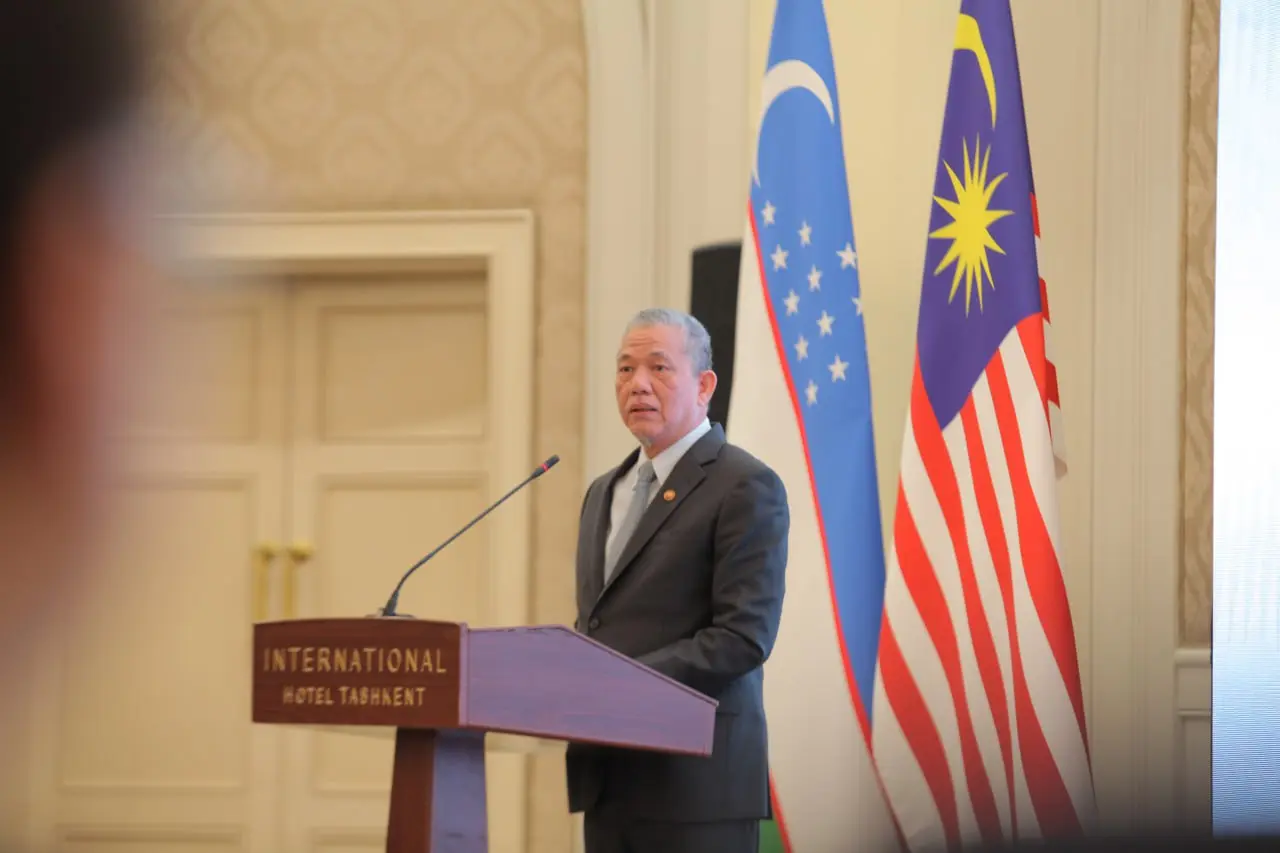As part of the fourth day of the Tashkent International Investment Forum, a panel session "Meeting of heads of investment promotion agencies of Turkic-speaking states on the development of interaction and cooperation"was held. The moderator was Ramil Babayev, General Director of the Turkic Investment Fund. The topic of discussion was prospects for economic cooperation, support for small and medium-sized businesses, as well as the development of trade and investment cooperation in the Turkic space.
The Turkic Investment Fund plays a key role in financing infrastructure and entrepreneurial initiatives in the region, creating opportunities to launch new business models and promote mutual trade between the two countries.
Among the participants are representatives of investment promotion agencies of Azerbaijan, Kazakhstan, Kyrgyzstan, Turkey and Uzbekistan, as well as international and regional institutions. Among the speakers: Farid Mammadov (Organization of Turkic States), Shokhrukh Gulyamov (IIPT of Uzbekistan), Bagdad Amreyev (Turkic Investment Fund), Yusif Abdullayev (Azerbaijan Export and Investment Agency), Yerzhan Yelekeyev (Kazakh Invest), Farhad Iminov (National Investment Agency of Kyrgyzstan), Mahmut Mukhiddin Keskin (Investment Department under the President of Turkey) and Mansurjon Rasulev (Agency for Attracting Foreign Investment of Uzbekistan).
Deputy Minister of Investment, Industry and Trade of Uzbekistan Shokhrukh Gulyamov in his speech emphasized a significant increase in investment activity. According to him, in 2024, the volume of foreign direct investment in Uzbekistan amounted to about $35 billion, which is ten times higher than in 2017. It is expected that by 2030, annual investment will reach $100 billion, and GDP - $200 billion, with a steady growth of more than 6% per year.
The total GDP of the Turkic-speaking countries is currently estimated at $1.8 trillion, and the population exceeds 170 million people. Despite this potential, the structure of foreign trade remains fragmented. Ramil Babayev drew attention to the fact that even in the list of the largest trading partners of Turkey and Hungary, the Turkic countries are poorly represented. This situation, in his opinion, requires a rethink and activation of domestic trade.
Mansurjon Rasulev, Acting Director of the Agency for Attracting Foreign Investment, identified the high level of profitability of deposit instruments as a factor hindering the development of the stock market. He noted that with a yield of more than 20% per annum in the national currency, banks, the population and businesses are not interested in shares and long-term investment instruments. This creates a structural capital deficit that can be filled by foreign direct investment, especially in the small and medium-sized business segment.
He also drew attention to the importance of adapting investors to the local environment: "One of the mistakes is an attempt to apply European mechanisms in an Asian jurisdiction. Success here requires partnership with local businesses, integration into the local business landscape."
At the end of the meeting, the participants agreed to jointly assess the level of digitalization in certain sectors of the economy, social sphere and regions. Priority areas of cooperation in the implementation of e-government, digital platforms and technological solutions in management were identified.











